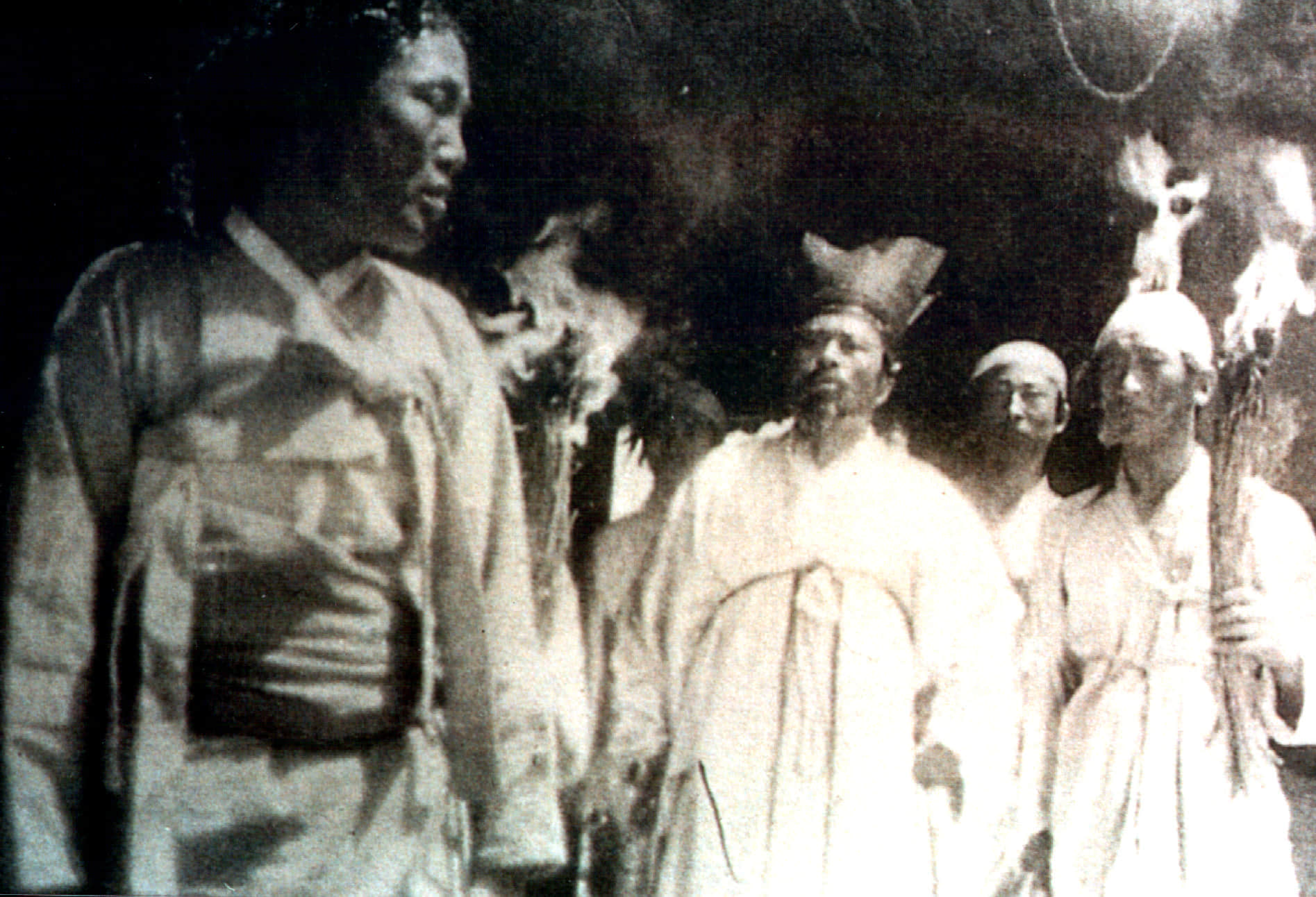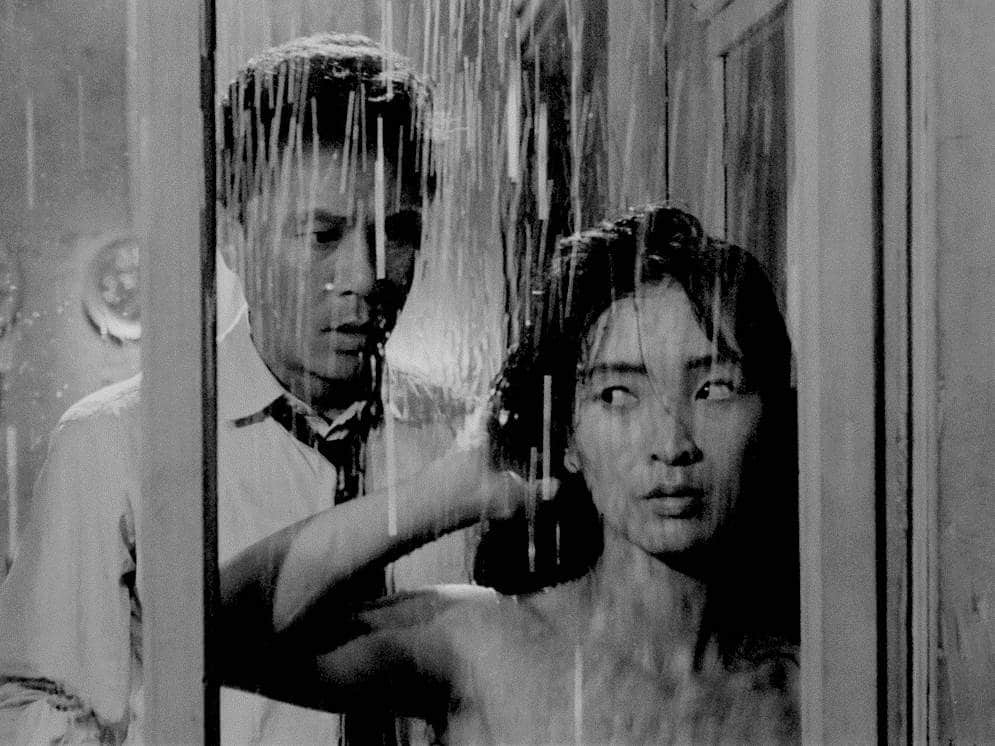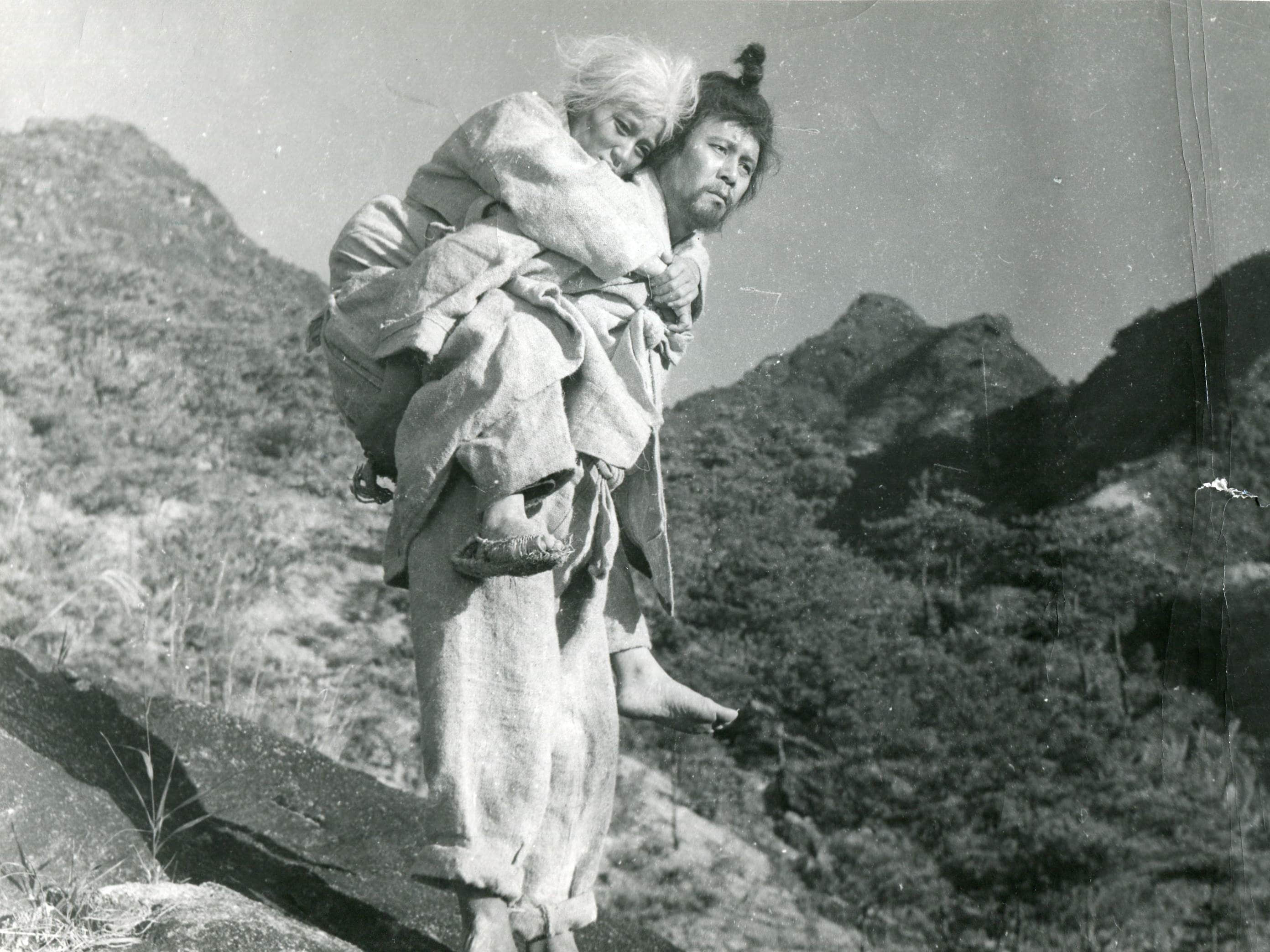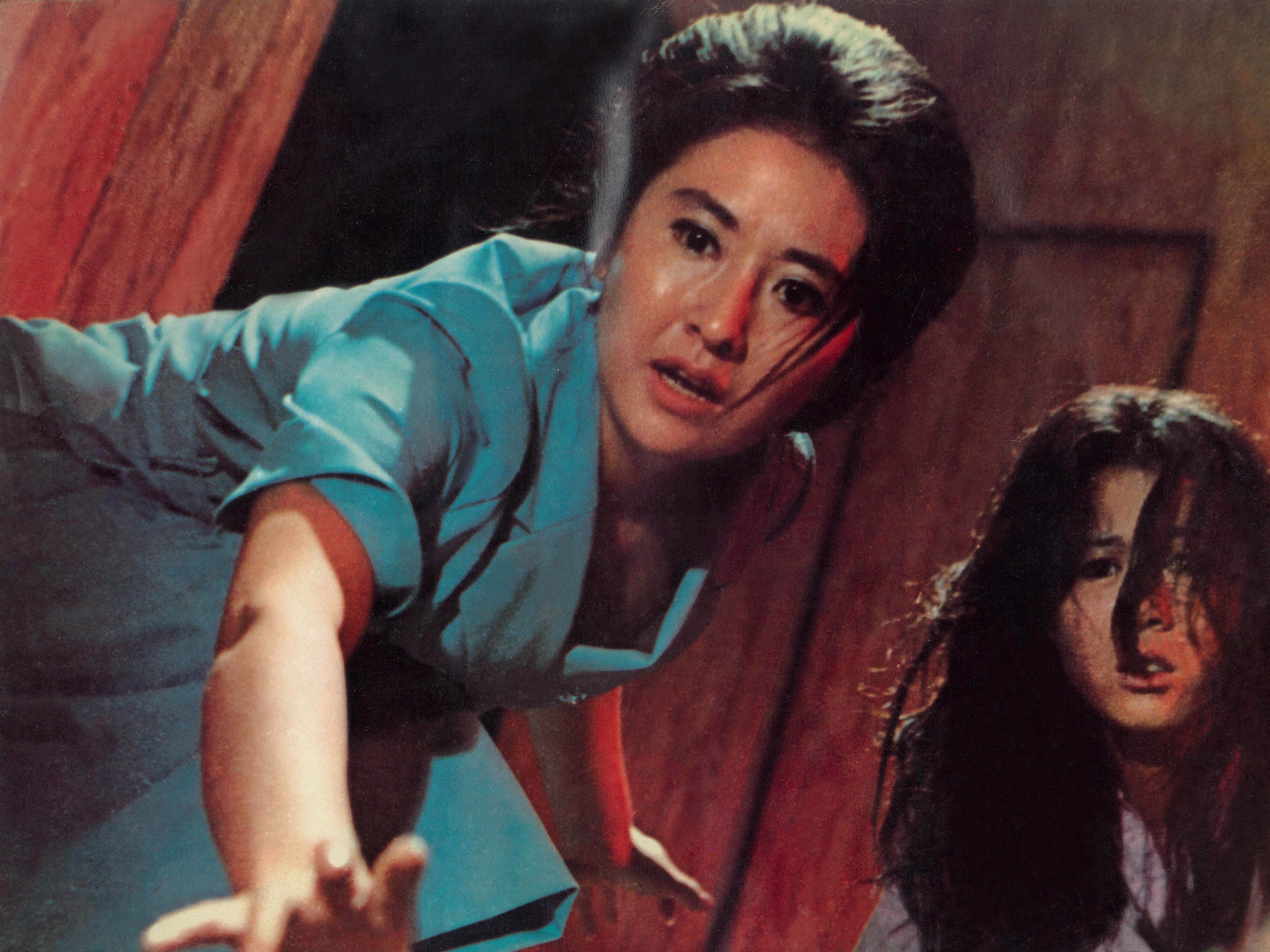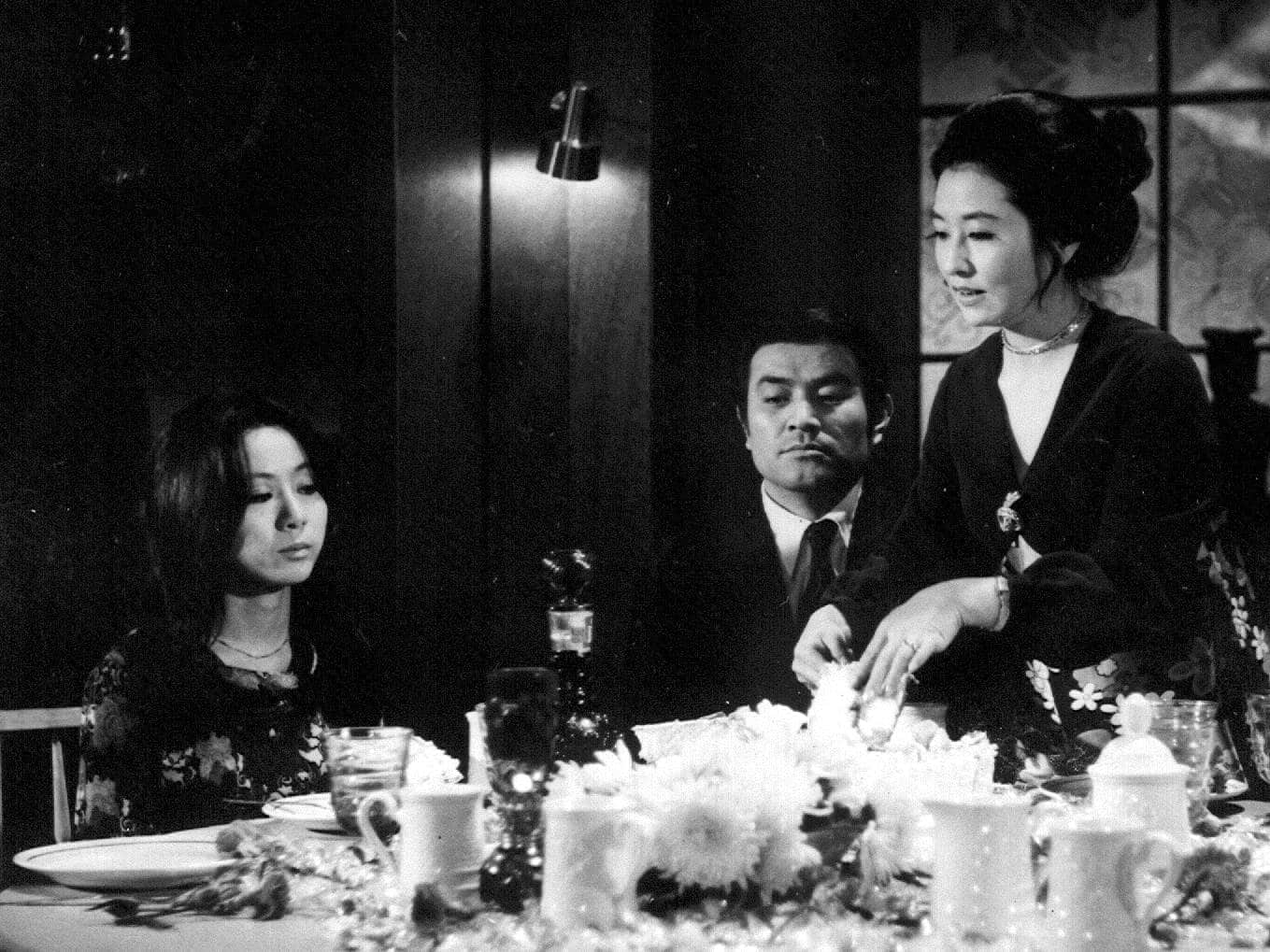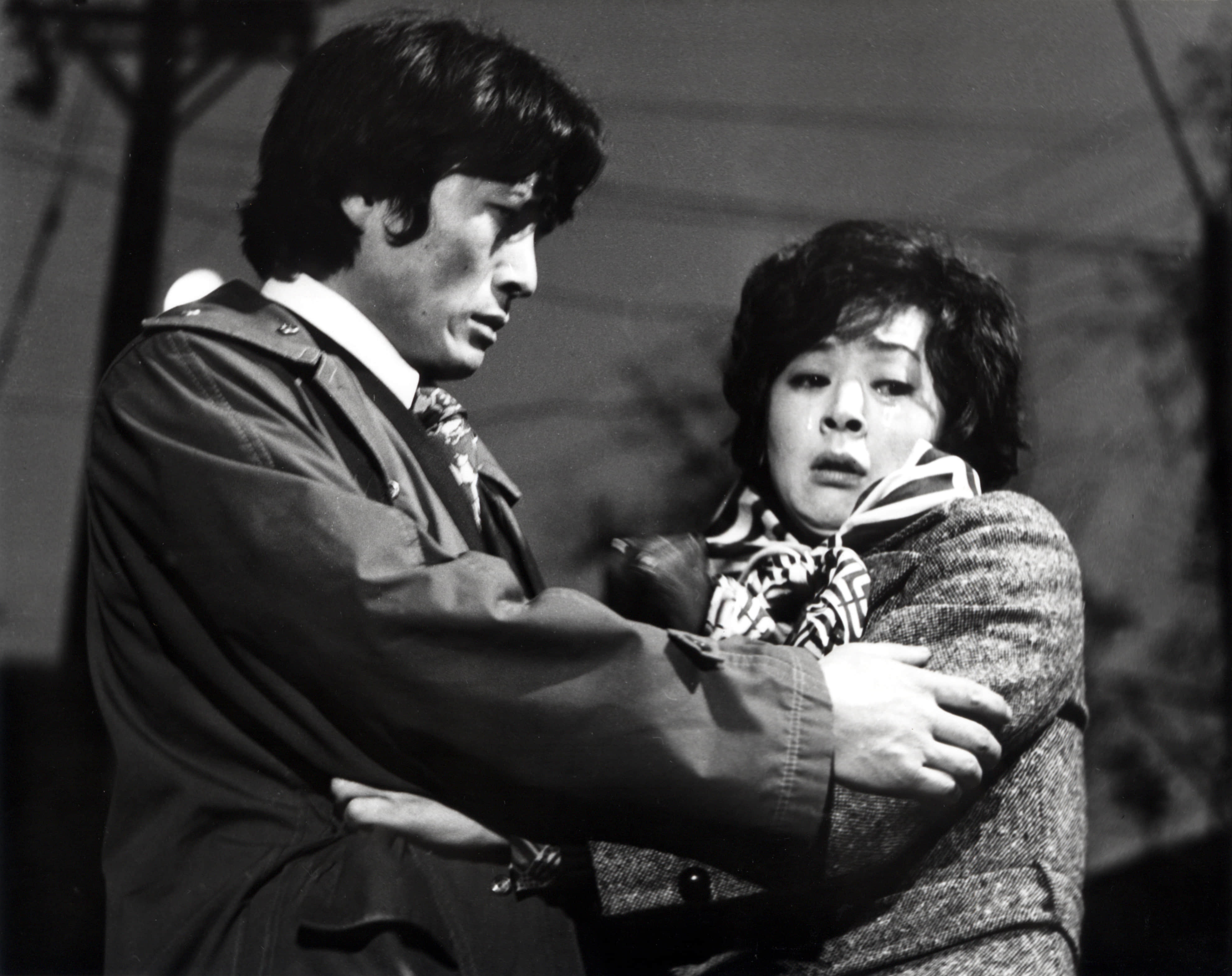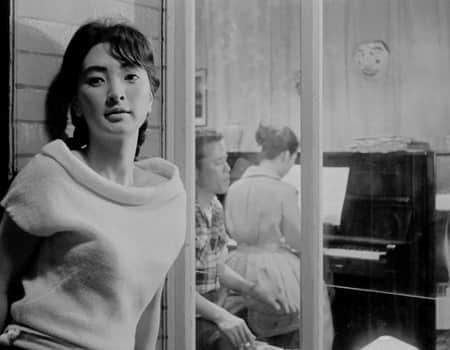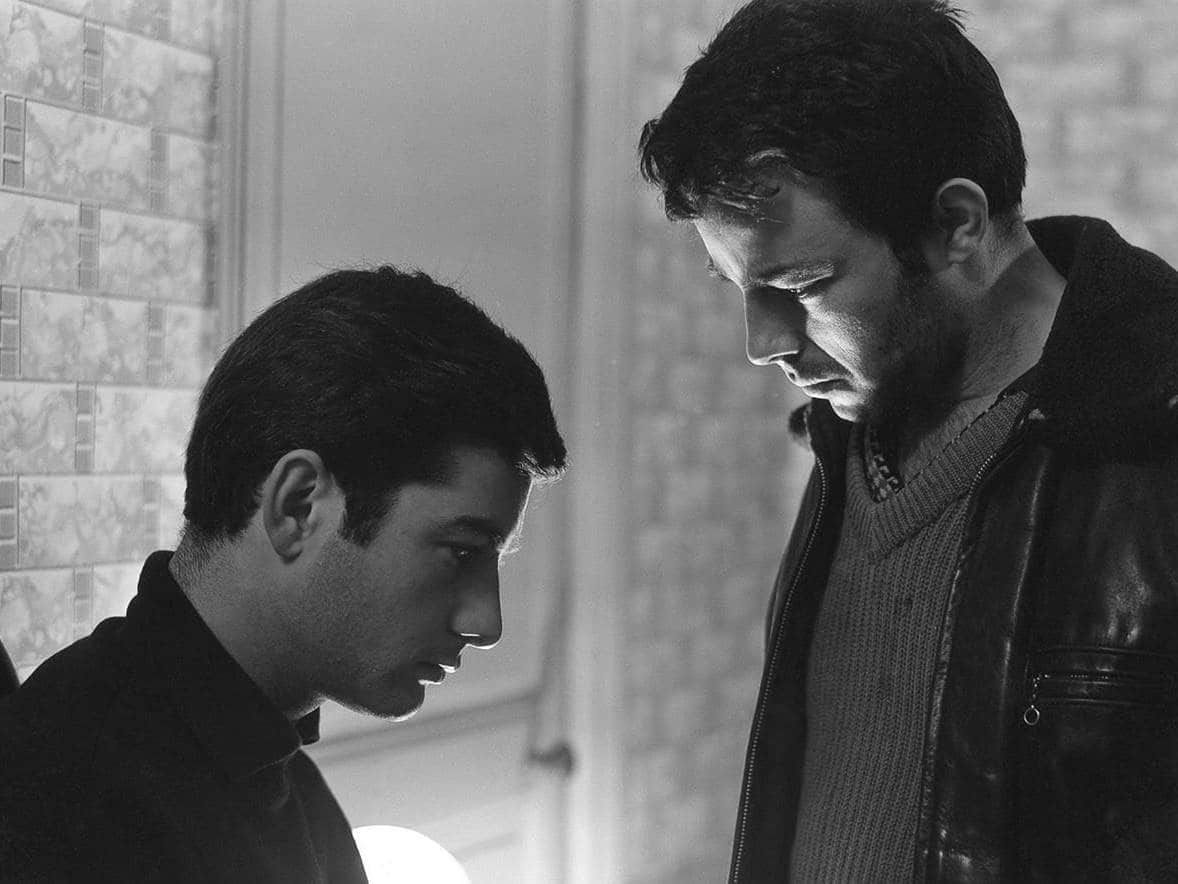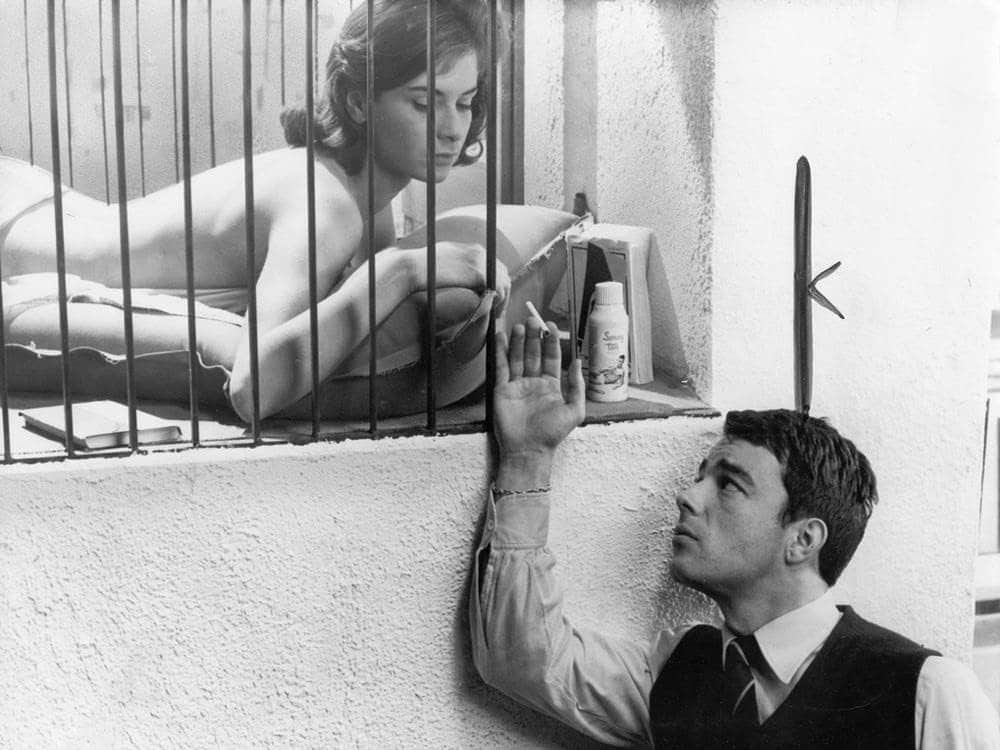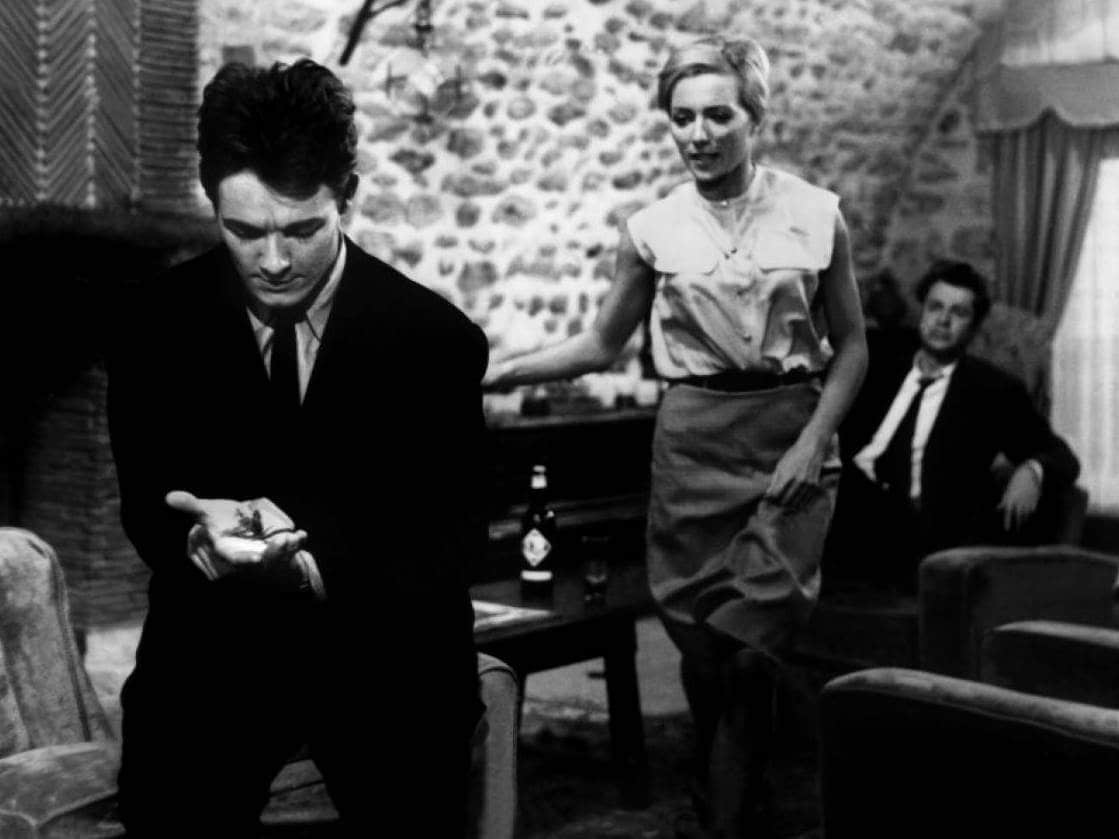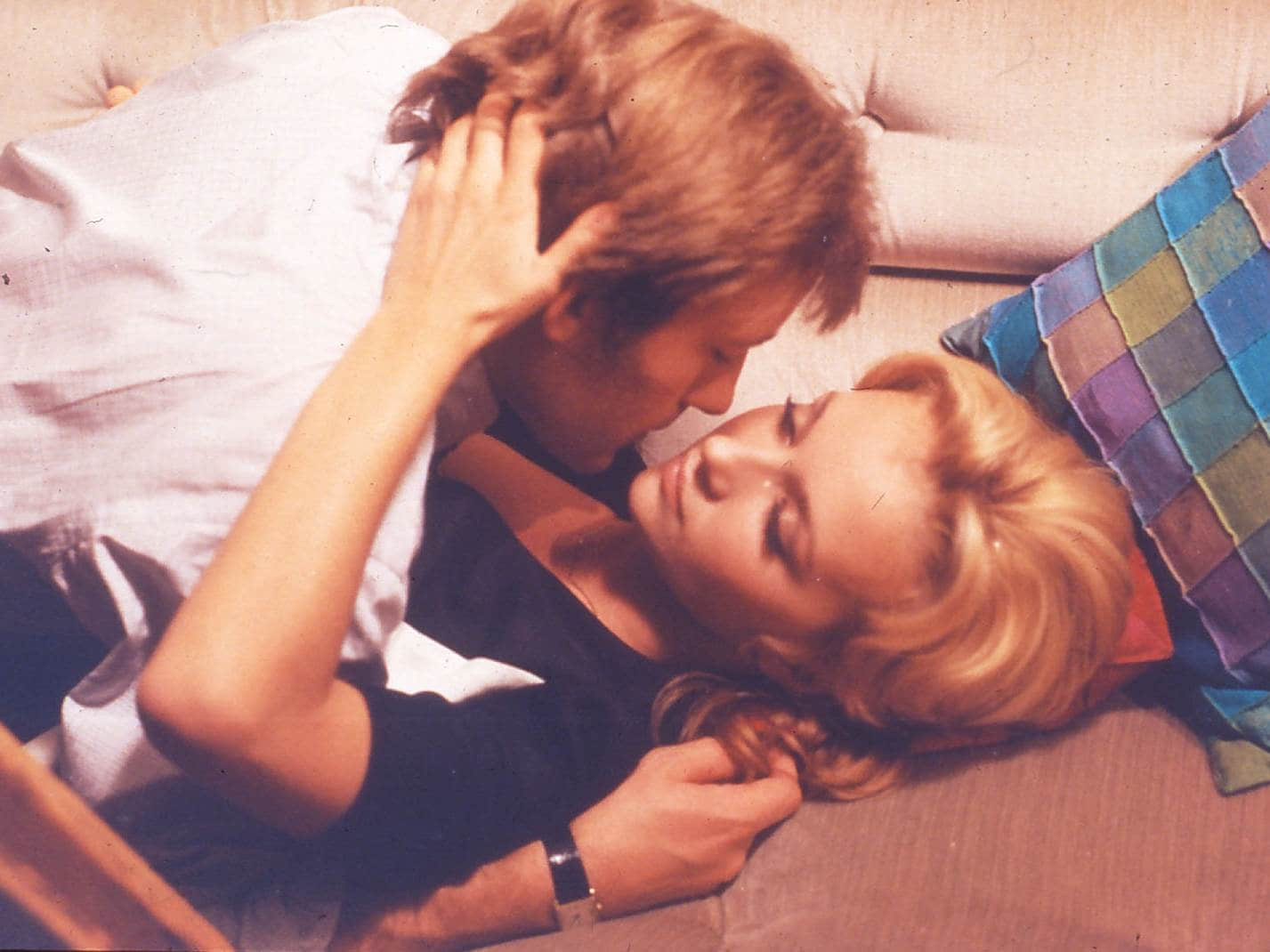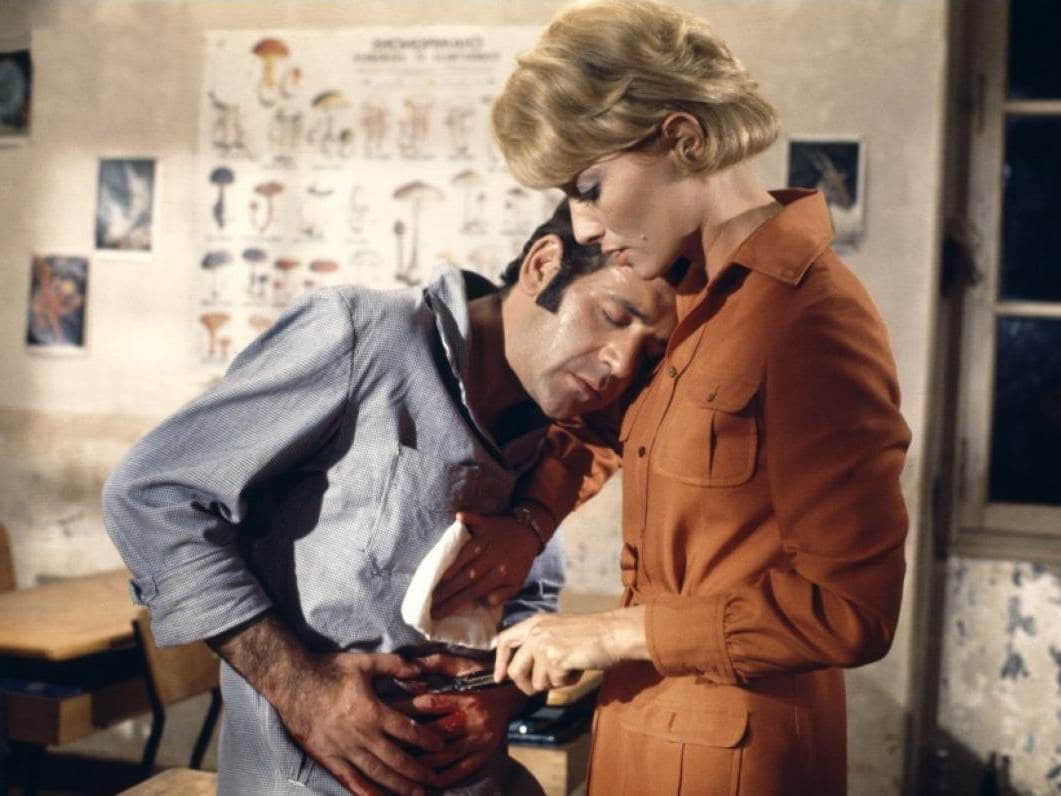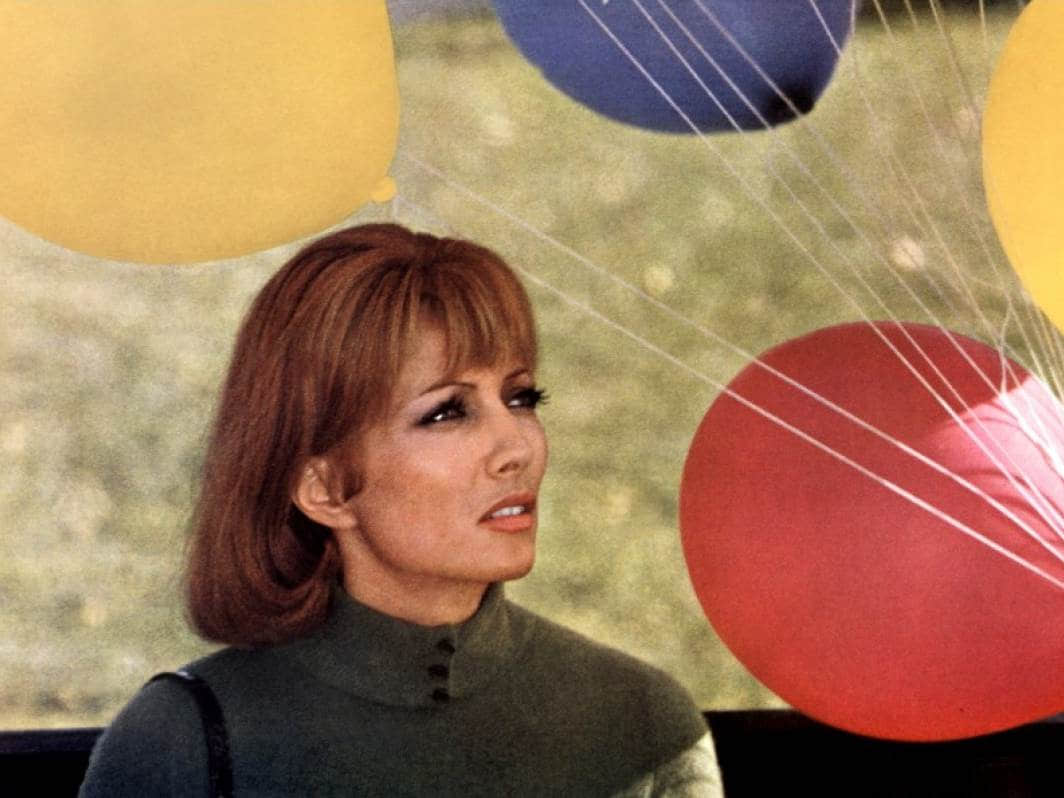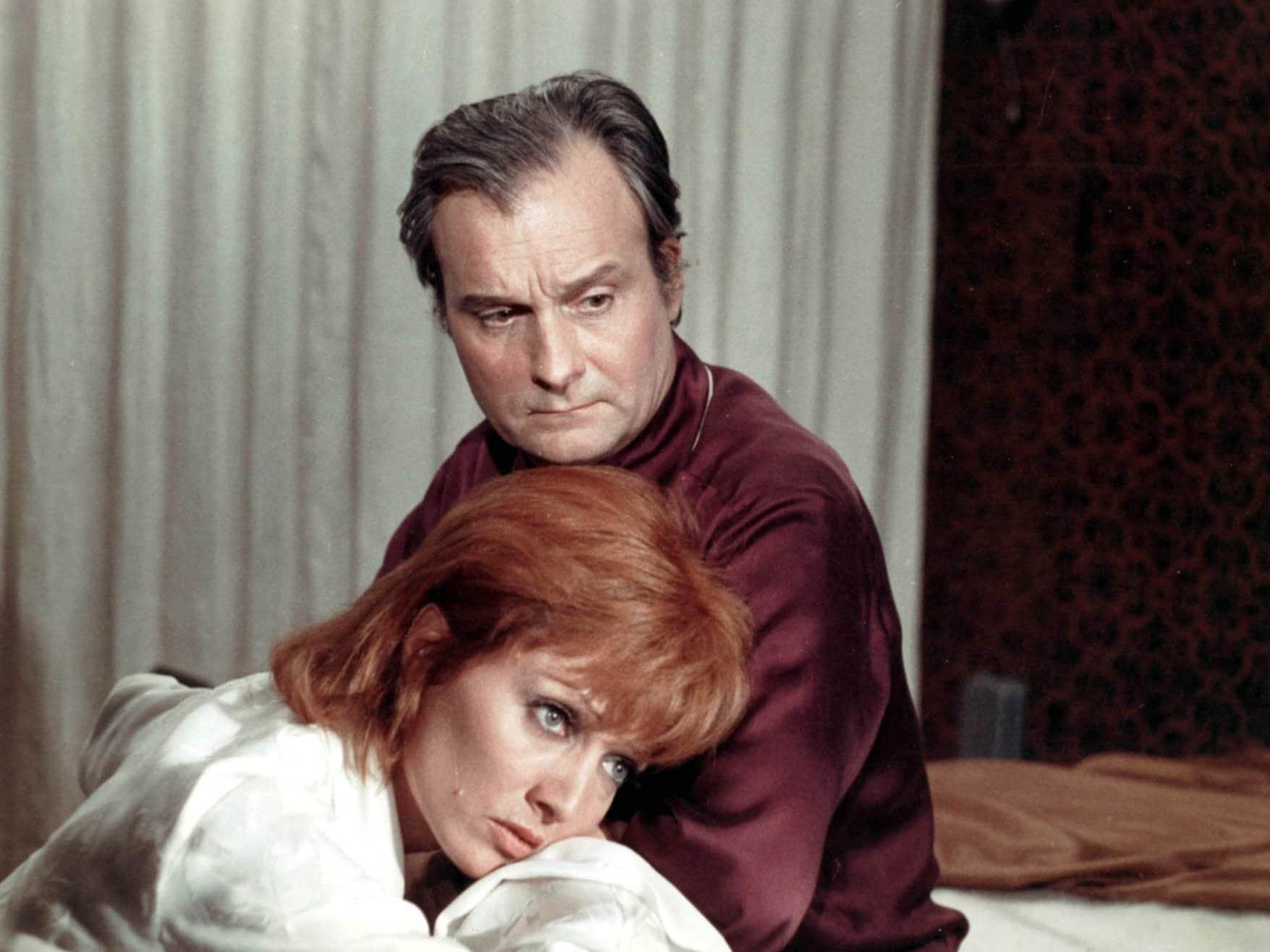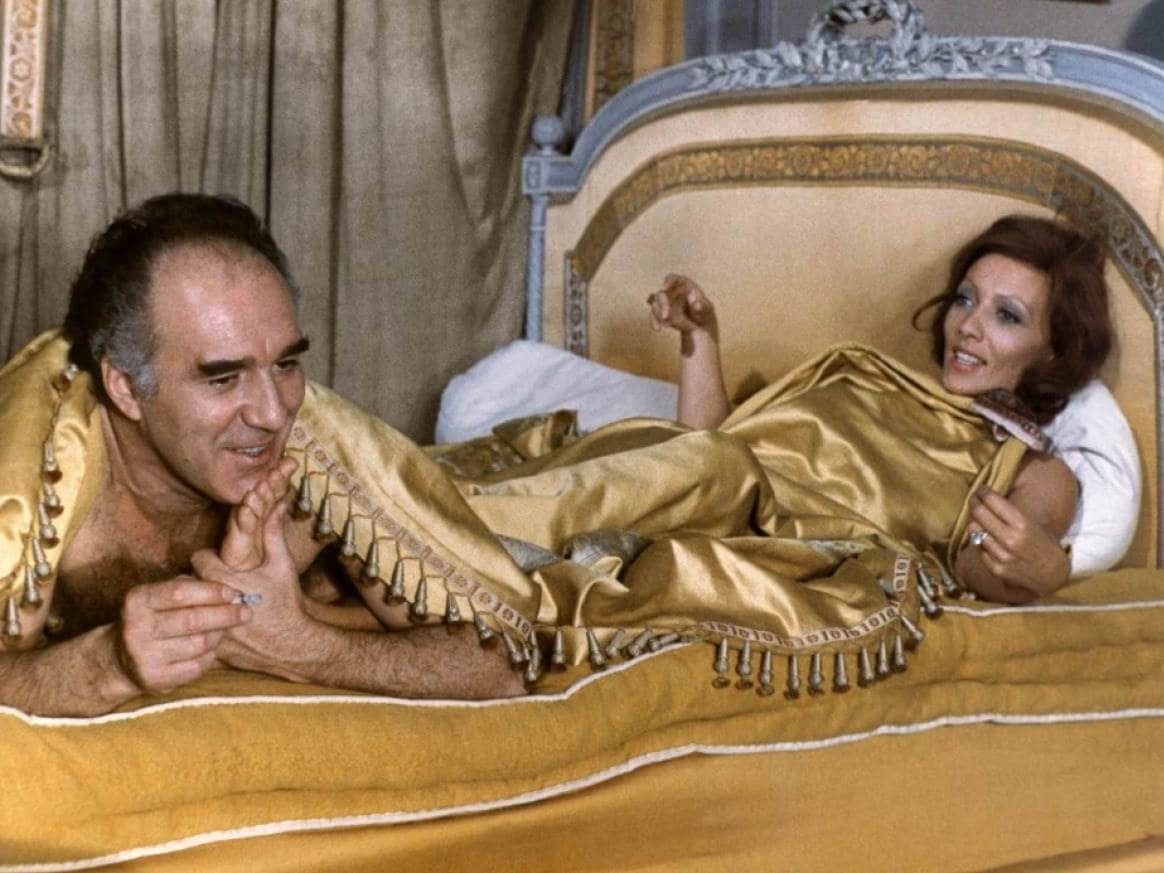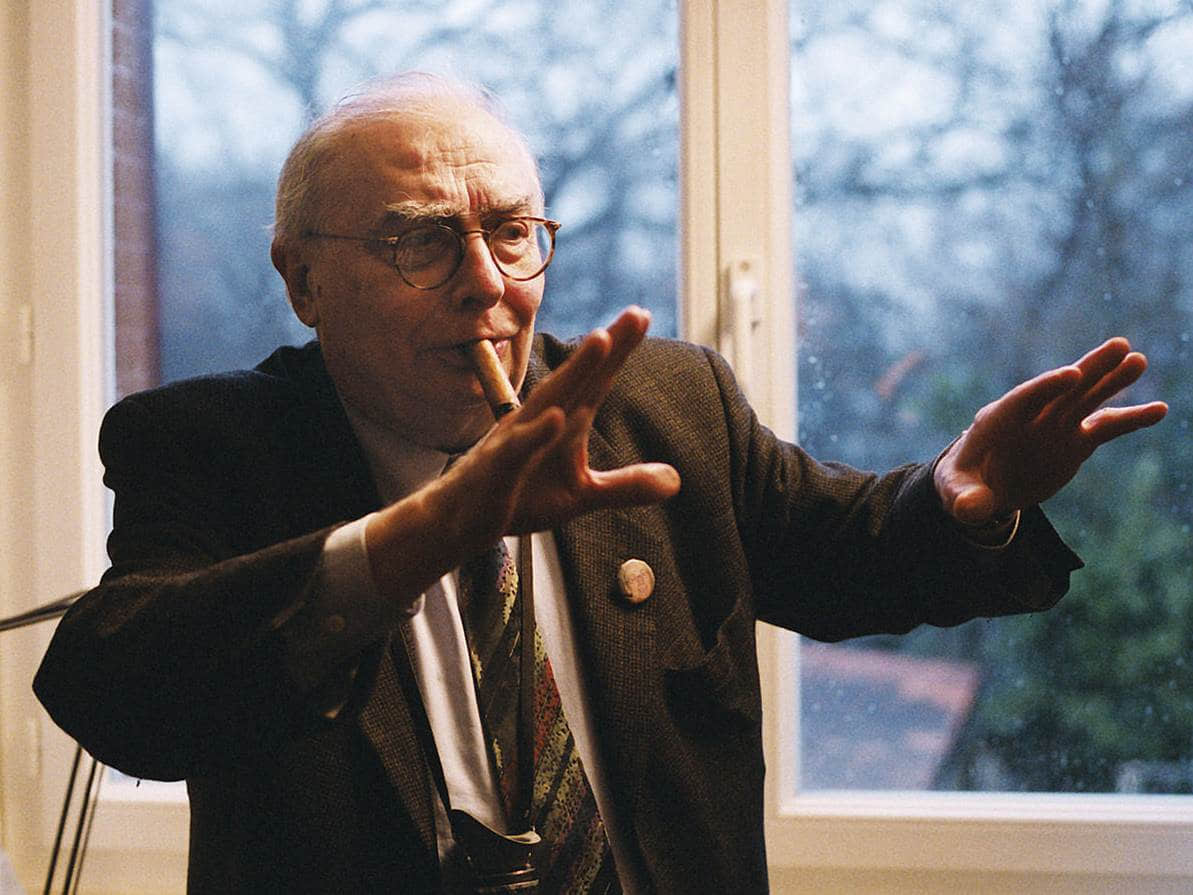2019
Kim Ki-young, Mister Monster
In this edition, we continue to celebrate the centenary of Korean Cinema with a retrospective dedicated to Kim Ki-young (1919- 98), one of its most exciting storytellers, and whom leading New Korean Cinema directors Park Chan-wook, Bong Joon-ho, Kim Ki-duk and Im Sang-soo cite as a major influence. Boldly going against the neorealist style that dominated South Korean Cinema in the 50s and 60s, Kim produced melodramas with mass appeal that might easily be shrugged off at first glance. Unlike the formalist, almost rigid filmmaking style of his contemporaries, Kim’s films are audaciously bombastic in their expression of emotions, marked by rapid editing, restless camerawork and deliriously imaginative art direction (look no further than the use of colored candies during a sex scene in Insect Woman, 1972). Kim’s films, however, were more than just exercises in style offering genre thrills. Films such as Yangsan Province (1955) and The Housemaid (1960), meanwhile, delved into one of the most oftexamined social issues in Korean cinema – the never-ending conflict between the haves and the havenots as well as the exploitation of the poor. It’s not a mere coincidence that Bong Joon-ho also used the motif of stairs to highlight the class conflict that lies in the core of his Palme d’Orwinning thriller, Parasite , just as Kim used it in The Housemaid. His psychodramas and suspense thrillers often highlighted urgent social and gender issues during a turbulent period in Korean history. Films such as Insect Woman (1972) and Promise of the Flesh (1975) examined the plight of women in a male-dominated society, tapping into female desires and the psychology of toxic masculinity that still plagues Korean society today.
35mm prints and DCPs courtesy of the Korean Film Archive
Claude Chabrol, Behind the Discreet Charm
If Alfred Hitchcock gave the directors of the French New Wave a new vision of form and style, Claude Chabrol (1930-2010) midwifed the movement – completing its first film (Bitter Reunion , which won Best Director at Locarno), providing cash for others and even acting when necessary while co-authoring a book on Hitchcock with Eric Rohmer. Chabrol also managed a prodigious career with over 50 films, including major works in almost every decade of his life. His recurring themes – the dysfunction of the French bourgeois family and the competitions among couples, and the nature of guilt, repression and violence, allowed him to draw on global mysteries as sources while giving each his own Gallic twist of elegant direction and chilling meanings. Chabrol was born in the village of Sardent but went to Paris to study pharmacology – the tension of city and countryside shapes many of his films. Attracted by the cine-club scene, he also joined Cahiers du Cinéma , collaborating with those who also would become the other giants of the New Wave – Godard, Truffaut, Rohmer and Rivette. With a small inheritance, he completed Bitter Reunion, followed the next year by accolades for The Cousins in Berlin, and he also helped many colleagues to launch their careers with money and advice. Chabrol entered his creative peak in 1968, churning out some of the most tantalizing thrillers with sharp social critique and humor, with The Third Lover , The Unfaithful Wife (1969), The Butcher , The Breach and Just Before Nightfall making up the “Hélène Cycle”that features his then wife and muse Stéphane Audran as the protagonist. Each film tackles the subject matters of infidelity, revenge or murder from difference perspectives, presenting numerous possibilities. Thereafter, his career diversified, until his comeback with renewed noir films in the likes of Hell (1994) and A Judgement in Stone (1995) and also with Isabelle Huppert as his new muse. Not only a towering figure among his New Wave fellows, Chabrol is also among the most productive who continued to master between the free spirit and the dark side of human. Les Biches (1968) and The Unfaithful Wife are missing in the line up due to copyright issues. Cine Fan will present these two masterpieces once they become available again in the future.

